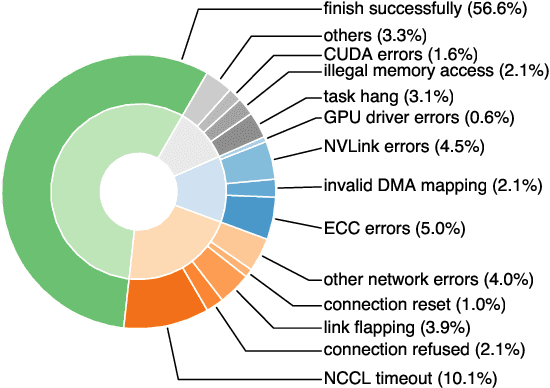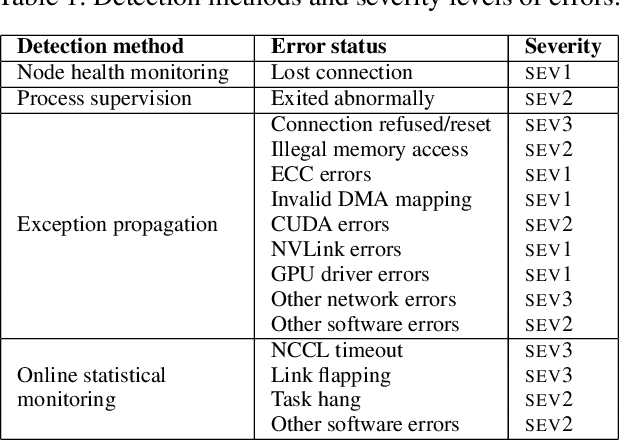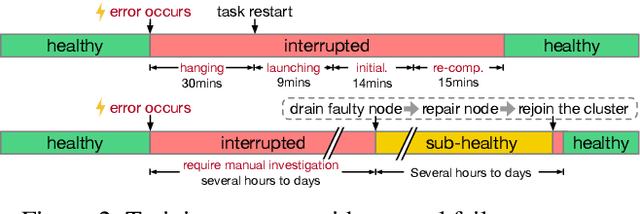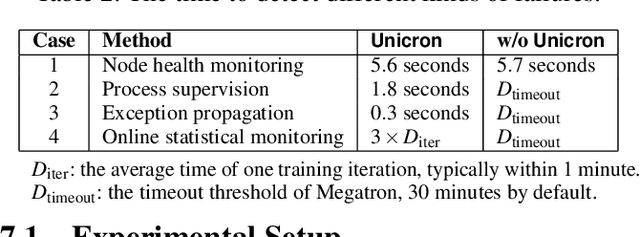Jingbo Xu
Intelligent Multimodal Multi-Sensor Fusion-Based UAV Identification, Localization, and Countermeasures for Safeguarding Low-Altitude Economy
Oct 27, 2025Abstract:The development of the low-altitude economy has led to a growing prominence of uncrewed aerial vehicle (UAV) safety management issues. Therefore, accurate identification, real-time localization, and effective countermeasures have become core challenges in airspace security assurance. This paper introduces an integrated UAV management and control system based on deep learning, which integrates multimodal multi-sensor fusion perception, precise positioning, and collaborative countermeasures. By incorporating deep learning methods, the system combines radio frequency (RF) spectral feature analysis, radar detection, electro-optical identification, and other methods at the detection level to achieve the identification and classification of UAVs. At the localization level, the system relies on multi-sensor data fusion and the air-space-ground integrated communication network to conduct real-time tracking and prediction of UAV flight status, providing support for early warning and decision-making. At the countermeasure level, it adopts comprehensive measures that integrate ``soft kill'' and ``hard kill'', including technologies such as electromagnetic signal jamming, navigation spoofing, and physical interception, to form a closed-loop management and control process from early warning to final disposal, which significantly enhances the response efficiency and disposal accuracy of low-altitude UAV management.
A Survey on Human-Centric LLMs
Nov 26, 2024



Abstract:The rapid evolution of large language models (LLMs) and their capacity to simulate human cognition and behavior has given rise to LLM-based frameworks and tools that are evaluated and applied based on their ability to perform tasks traditionally performed by humans, namely those involving cognition, decision-making, and social interaction. This survey provides a comprehensive examination of such human-centric LLM capabilities, focusing on their performance in both individual tasks (where an LLM acts as a stand-in for a single human) and collective tasks (where multiple LLMs coordinate to mimic group dynamics). We first evaluate LLM competencies across key areas including reasoning, perception, and social cognition, comparing their abilities to human-like skills. Then, we explore real-world applications of LLMs in human-centric domains such as behavioral science, political science, and sociology, assessing their effectiveness in replicating human behaviors and interactions. Finally, we identify challenges and future research directions, such as improving LLM adaptability, emotional intelligence, and cultural sensitivity, while addressing inherent biases and enhancing frameworks for human-AI collaboration. This survey aims to provide a foundational understanding of LLMs from a human-centric perspective, offering insights into their current capabilities and potential for future development.
Unicron: Economizing Self-Healing LLM Training at Scale
Dec 30, 2023



Abstract:Training large-scale language models is increasingly critical in various domains, but it is hindered by frequent failures, leading to significant time and economic costs. Current failure recovery methods in cloud-based settings inadequately address the diverse and complex scenarios that arise, focusing narrowly on erasing downtime for individual tasks without considering the overall cost impact on a cluster. We introduce Unicron, a workload manager designed for efficient self-healing in large-scale language model training. Unicron optimizes the training process by minimizing failure-related costs across multiple concurrent tasks within a cluster. Its key features include in-band error detection for real-time error identification without extra overhead, a dynamic cost-aware plan generation mechanism for optimal reconfiguration, and an efficient transition strategy to reduce downtime during state changes. Deployed on a 128-GPU distributed cluster, Unicron demonstrates up to a 1.9x improvement in training efficiency over state-of-the-art methods, significantly reducing failure recovery costs and enhancing the reliability of large-scale language model training.
 Add to Chrome
Add to Chrome Add to Firefox
Add to Firefox Add to Edge
Add to Edge